
Study Shows Men Are Twice as Likely to Die from ‘Broken Heart Syndrome’ Than Women – Here’s Why

Broken Heart Syndrome Is Deadlier for Men—And Most People Have No Idea
Most people have heard of broken heart syndrome—and many know it’s more common in women. But what they don’t know could be life-threatening. A sweeping new study tracking nearly 200,000 hospitalized patients across the U.S. has uncovered a disturbing truth: when men develop this condition, called Takotsubo cardiomyopathy, their chances of dying skyrocket compared to women. While women make up the vast majority of cases, men are far more likely to die from it—and understanding why could save lives.
Takotsubo cardiomyopathy was once thought of as a temporary, emotional response to intense grief or stress. But emerging research is dismantling that outdated view. It turns out that men’s hearts may respond differently—and far more dangerously—under stress. Something about the male cardiovascular system, when pushed to its limit by physical or emotional trauma, creates a perfect storm for life-threatening complications.
What Really Happens to the Heart During Takotsubo Syndrome
Often referred to as “broken heart syndrome,” Takotsubo cardiomyopathy occurs when a sudden surge of stress hormones—like adrenaline and noradrenaline—temporarily stuns the heart. The left ventricle balloons into a distinctive shape resembling a Japanese octopus trap, for which the syndrome is named. This leads to a sudden and dramatic drop in the heart’s ability to pump blood effectively, mimicking a heart attack without the usual blockage of coronary arteries.
Most patients eventually recover their heart function over days to weeks, but the early phase is critical—and can be deadly. Stress triggers fall into two main categories: emotional events such as the death of a loved one, divorce, or psychological trauma; and physical events such as surgery, infections, or severe pain. Researchers have now found that physical stressors, especially in men, often cause far more dangerous complications than emotional ones.
The Numbers Tell a Grim Story
Between 2016 and 2020, researchers analyzed data from 199,890 cases of broken heart syndrome in U.S. hospitals. The findings shattered old assumptions.
Men, while representing only 17% of cases, were dying at rates more than twice as high as women—11.2% versus 5.5%. And these numbers have been getting worse. Overall mortality from the condition rose from 5.63% in 2016 to 8.38% in 2020, despite continued advances in cardiac care.
Women remain far more likely to be diagnosed with the condition—accounting for 83% of all cases—but men who do develop Takotsubo cardiomyopathy face a disproportionately high risk of death. What’s more, the average age of diagnosis skews younger in men, often between ages 46 and 60, compared to postmenopausal women in their 60s and 70s.
The COVID-19 pandemic appears to have worsened outcomes. Deaths increased significantly between 2019 and 2020, likely due to the combined toll of physical illness and psychological stress, both of which spike stress hormone levels and strain the cardiovascular system.
Different Triggers, Different Results

One of the clearest distinctions between men and women lies in the triggers for broken heart syndrome. Women are more likely to suffer from the condition following emotional trauma—grief, heartbreak, or severe anxiety. Men, on the other hand, often experience the syndrome in response to physical triggers: invasive medical procedures, traumatic injuries, respiratory failure, or infections.
These physical stressors generate a more intense and dangerous hormonal cascade in men, overwhelming the heart’s coping mechanisms and leading to more severe initial presentations. Many men arrive at the hospital already in cardiac arrest or cardiogenic shock. Unlike women, who often present with chest pain or shortness of breath, men may skip those warning signs and go straight into crisis.
Even more concerning: broken heart syndrome in men is still under-recognized. For decades, it was considered a "woman's condition," leading to missed diagnoses and under-treatment in male patients.
Why Men Die More Often

Several biological and behavioral factors intersect to make this condition deadlier in men. Hormonal differences are a major contributor. During stress, men tend to produce larger amounts of catecholamines—potent hormones like adrenaline—which may cause more extensive damage to heart tissue. Meanwhile, women may benefit from the protective cardiovascular effects of estrogen, even after menopause.
Behavioral patterns also play a role. Men are more likely to delay seeking care when experiencing heart symptoms. Cultural conditioning around masculinity, stoicism, and pain tolerance can lead men to downplay or ignore early warning signs. As a result, many men arrive at hospitals too late for early interventions to be effective.
Lifestyle factors matter too. Men working through physical illness, skipping rest, or avoiding sick leave may worsen their condition during a vulnerable period. In these cases, what starts as a manageable issue spirals into a life-threatening cardiac event.
Deadly Complications Affect Both Sexes
Even for those who survive the acute phase, broken heart syndrome carries long-term dangers. The condition often leads to serious complications. Among all patients studied, 35.9% developed congestive heart failure. About 20.7% experienced atrial fibrillation—an irregular heartbeat that increases stroke risk. Cardiogenic shock occurred in 6.6% of cases, stroke in 5.3%, and cardiac arrest in 3.4%.
Notably, the number and severity of complications have increased over the study period. This may reflect sicker patients being diagnosed or a failure of current treatments to keep pace with the complexity of cases. Heart failure remains the most common complication, and many patients experience persistent heart rhythm issues even after their heart recovers its strength.
Blood clots pose a particular threat. As the weakened heart struggles to pump blood, clots can form and migrate to the brain, causing strokes. While blood thinners may be used to reduce this risk, they also increase the chance of bleeding—a dangerous trade-off for a heart already under extreme stress.
Red Flags Men Shouldn’t Ignore

It’s critical that men learn to recognize symptoms of broken heart syndrome, even if they don’t match the classic heart attack profile. While crushing chest pain is common in myocardial infarctions, Takotsubo syndrome may instead manifest as sudden breathlessness, dizziness, fatigue, or vague chest discomfort following a stressful event.
Any sudden physical decline—especially after a surgery, illness, or emotionally taxing incident—should prompt immediate medical evaluation. Men recovering from pneumonia, undergoing chemotherapy, or living through high-stress life changes are especially vulnerable.
Equally important: loved ones, coworkers, and caregivers should be vigilant. Men may not vocalize their symptoms, but changes in energy, mood, or breathing should never be dismissed.
Why Current Treatments Fall Short

Treatment for broken heart syndrome remains largely supportive. Doctors manage symptoms—stabilizing blood pressure, controlling heart rhythms, and preventing blood clots—while the heart heals. But this approach doesn’t target the root cause: the biochemical storm unleashed by stress.
Researchers now recognize that men and women likely need different treatment approaches. Yet sex-specific protocols don’t exist. Scientists are just beginning to study how hormones like estrogen and testosterone influence recovery and outcomes. Unfortunately, such studies take time, funding, and shifts in institutional priorities.
Diagnosing the condition also remains challenging. Because it closely mimics a heart attack, emergency doctors often treat for blocked arteries first. It’s only after angiography rules out coronary disease that Takotsubo syndrome is diagnosed—and by then, precious time may be lost.
Protecting the Heart in an Age of Constant Stress

While it’s impossible to avoid all stress, there are ways to reduce your risk of developing—or dying from—broken heart syndrome:
-
Exercise regularly, but not excessively—especially after major life stressors.
-
Get adequate sleep, which helps regulate stress hormones and supports cardiovascular function.
-
Seek support from friends, family, or mental health professionals during difficult times.
-
Manage chronic health conditions like high blood pressure, diabetes, or lung disease, all of which can exacerbate cardiac risk.
-
Know your body’s signals. Don’t ignore symptoms that interfere with daily life or appear after emotional or physical trauma.
A Call for Change in Cardiac Care
The story of broken heart syndrome isn’t just about one rare condition—it’s a warning sign that our understanding of heart disease needs to evolve. For too long, research and treatment have focused on male patterns of heart attacks while simultaneously overlooking the male risks of conditions assumed to be “female.”
The evidence is clear: when men develop Takotsubo cardiomyopathy, their lives are at greater risk. Emergency departments, primary care providers, and cardiologists must update their playbooks to reflect this. The stakes are too high to keep ignoring the gender gap in outcomes.
The heart may break under pressure—but with the right knowledge, support, and medical response, it doesn’t have to be fatal.
News in the same category


CelebrityTop FBI Official Makes Chilling Claim About Epstein Investigation

Hacker with 30 years experience reveals the one thing we need to be worried about in the future

Man who spent 10,000 Bitcoin on two pizzas in 2010 could've been eye-wateringly well off today

T3rrifying Moment Killer Orca Approached Viewing Window Holding Dead SeaWorld Trainer
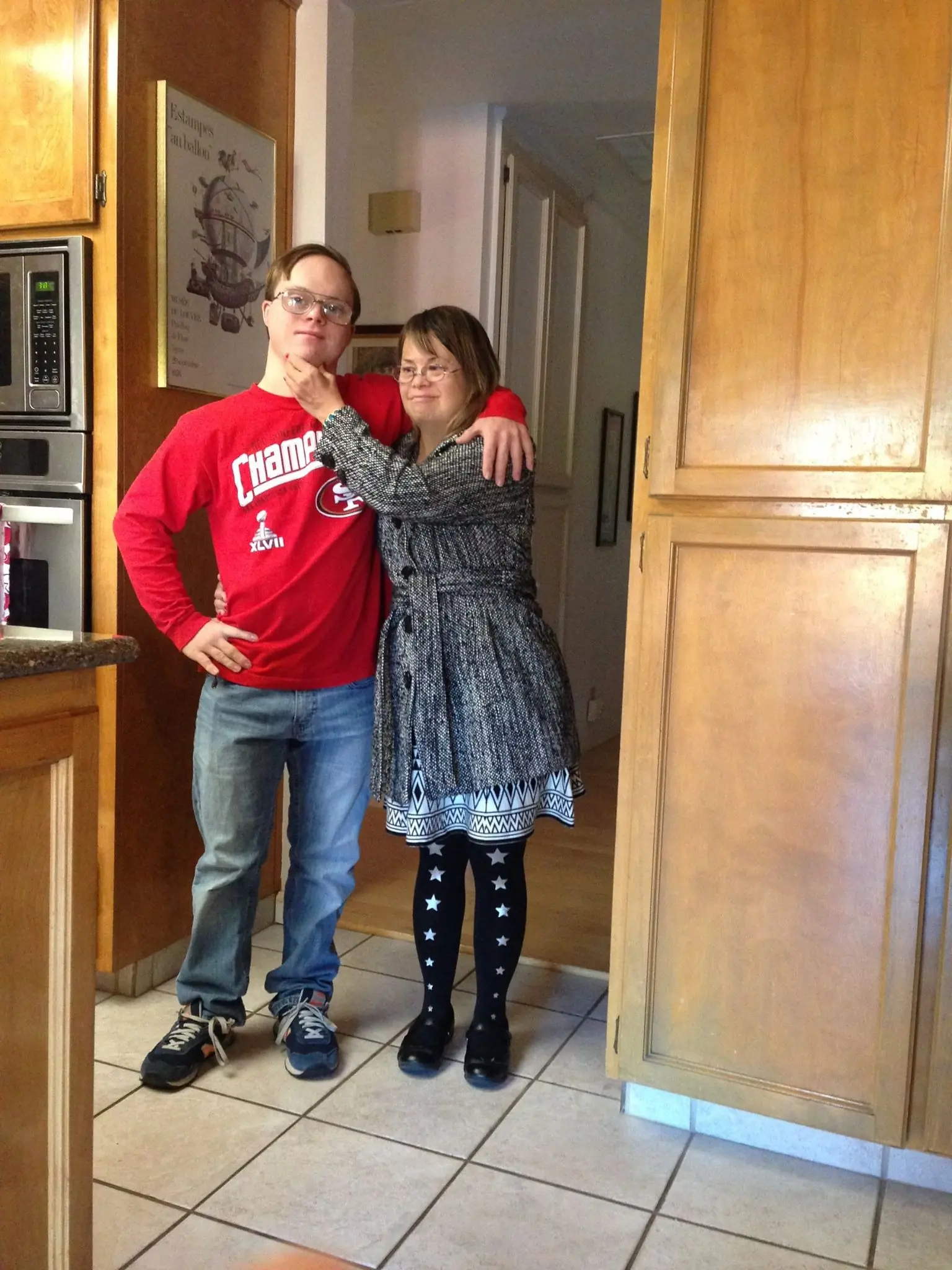
Couple with Down Syndrome Choose to Have Children, Sparking Debate

World's Oldest Newborn: Baby Born After Being Frozen for 30 Years
The embryo the Pierces adopted was originally created through in vitro fertilization (IVF) back in 1994, making it older than many of today’s prospective parents themselves, according to MIT Technology Review.

Scientists just found a breast cancer-killing molecule in scorpion venom

Elon Musk uses single emoji to reveal if he thinks Trump will pardon Ghislaine Maxwell

Silent Walking’ Is The Latest Trend Gen Z Are Obsessed With
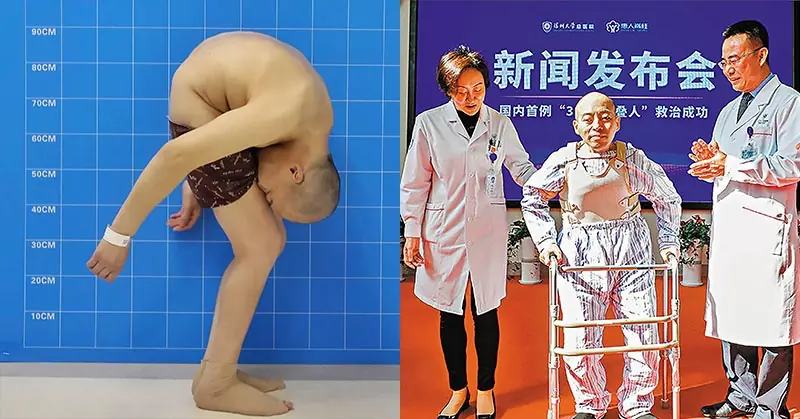
Man Folded In Half Stands Straight After 28 Years
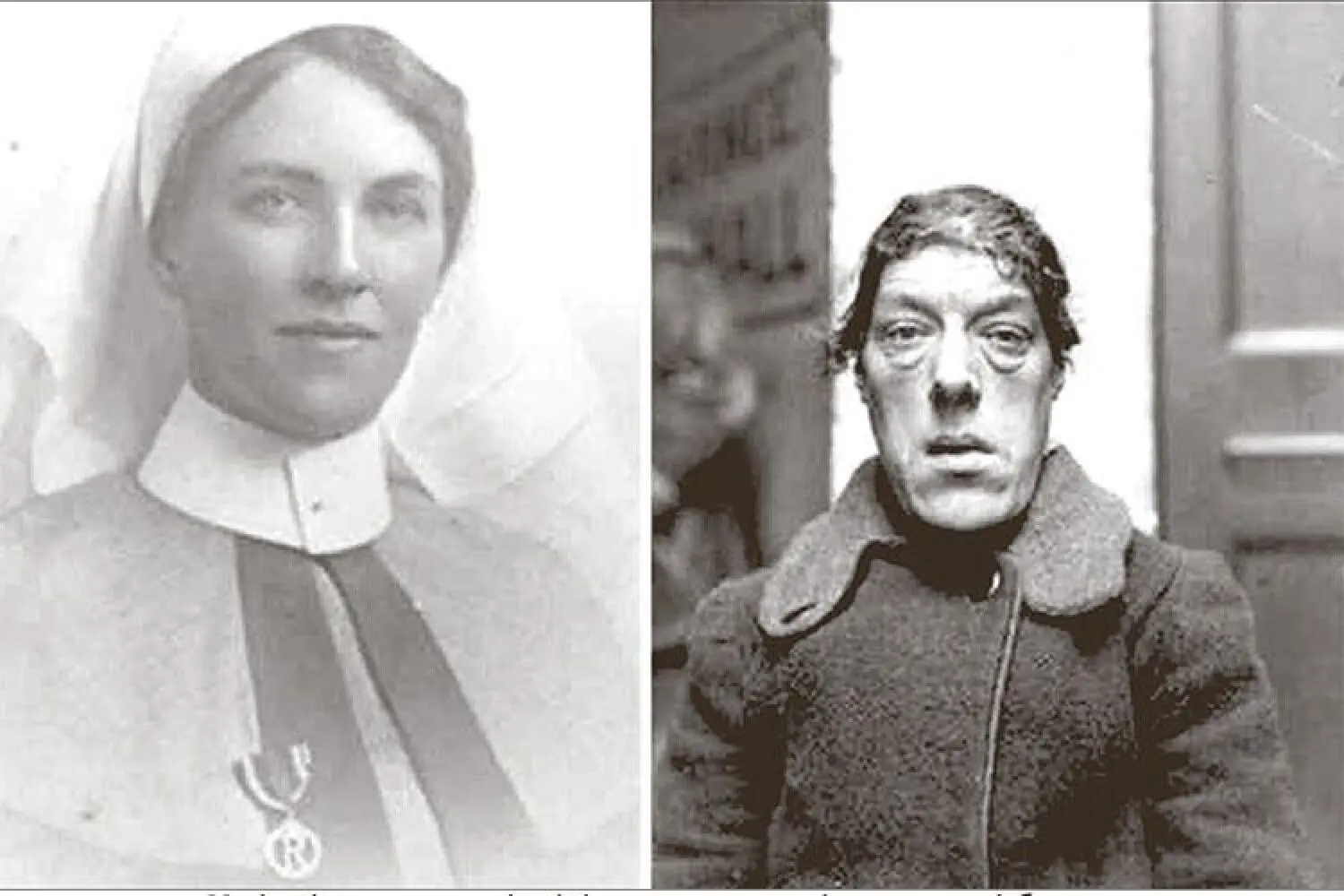
Mary Ann Bevan: The Tragic Story of the ‘World’s Ugliest Woman’

Missing MH370 aircraft ‘found’ after Google Maps search

The Last Day Of Life On Earth Has Been Calculated By NASA, This Is How Long We Have Left
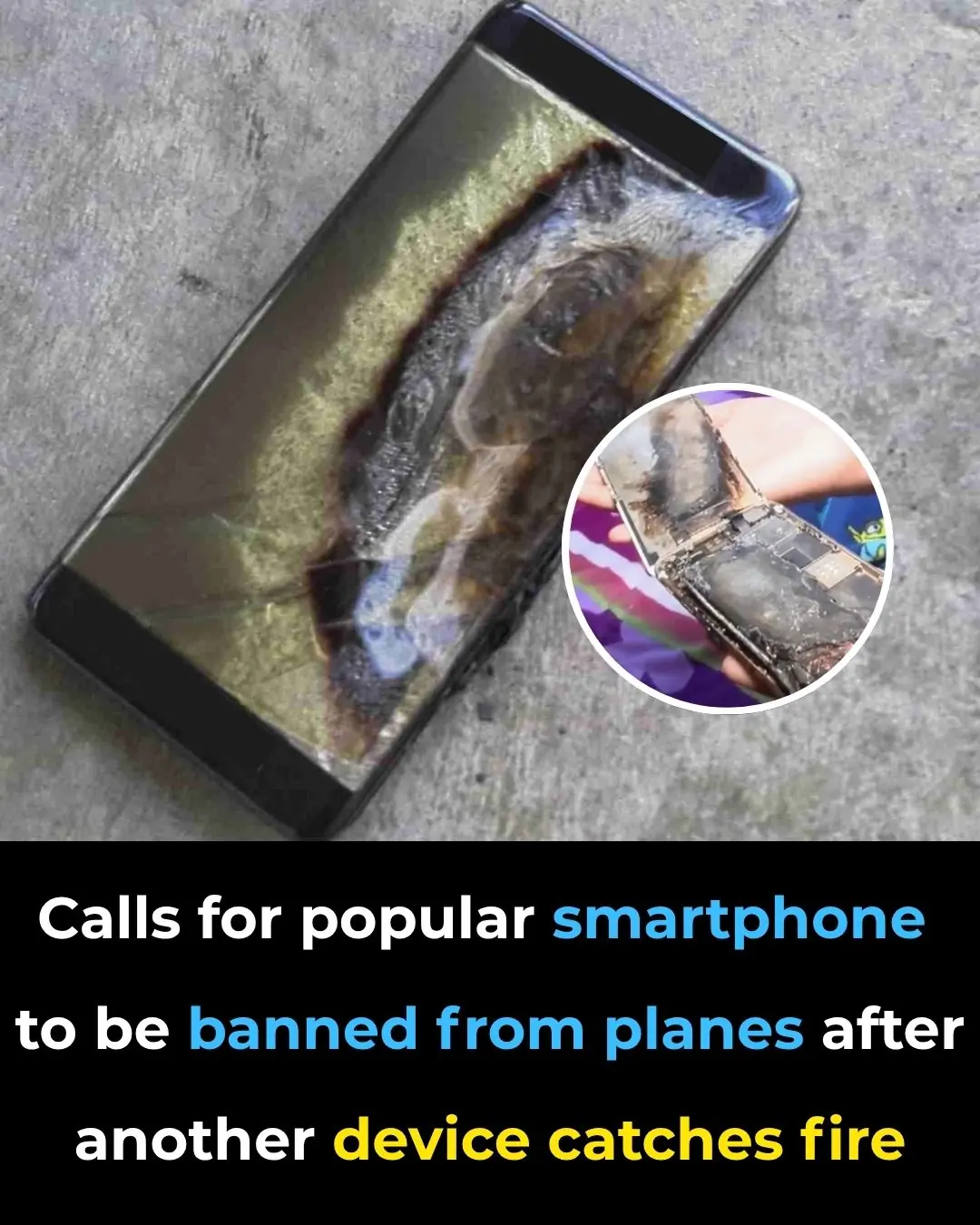
Calls for popular smartphone to be banned from planes after another device catches fire
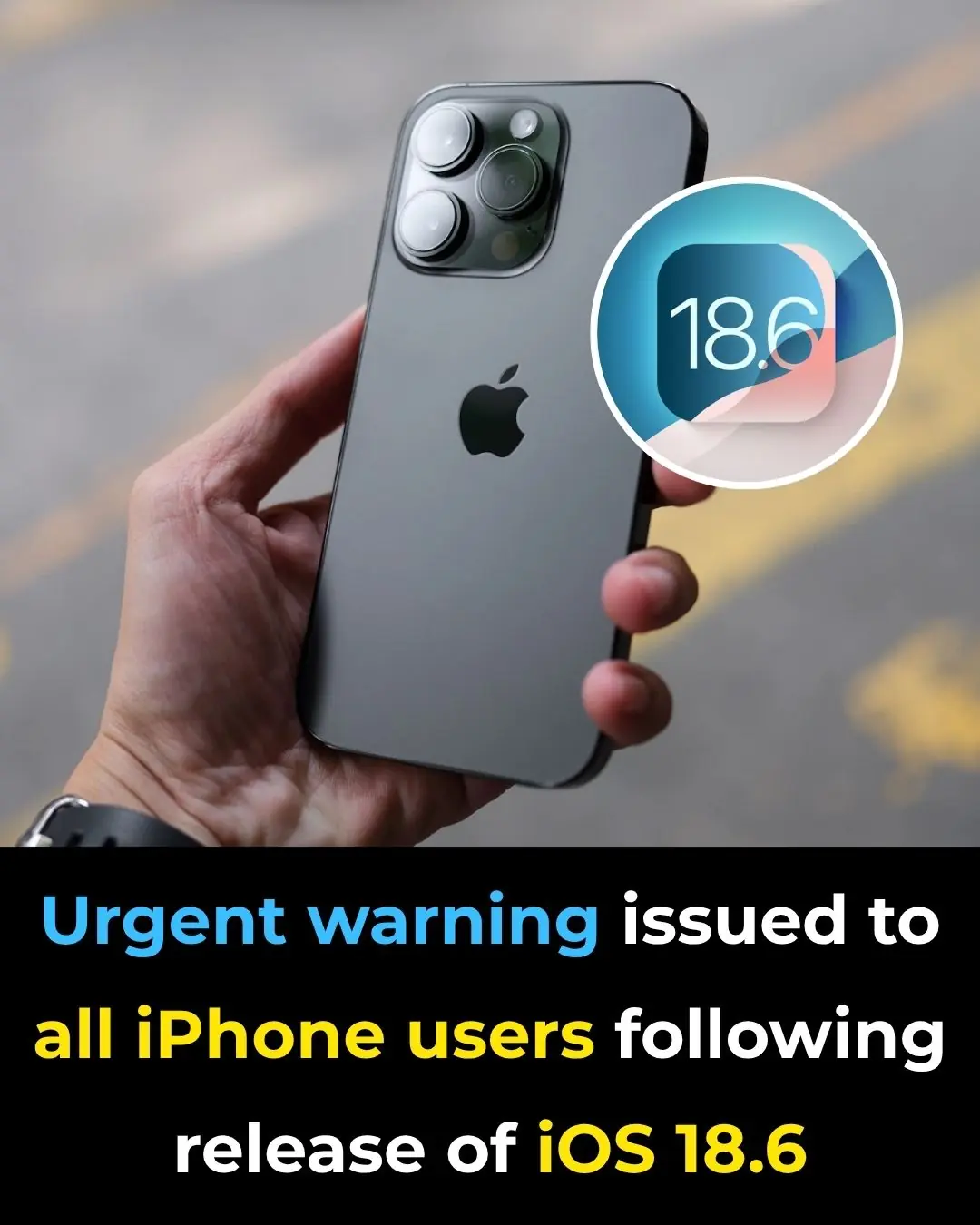
Urgent warning issued to all iPhone users following release of iOS 18.6

Man Releases Chilling Never Seen Before Footage of Twin Tower Collapse

Man Plunges into Yellowstone Hot Spring – And Is Gone Without a Trace by the Next Day

Lip Reader Reveals Shocking Words CEO Said To Woman On Coldplay Kiss Cam
News Post
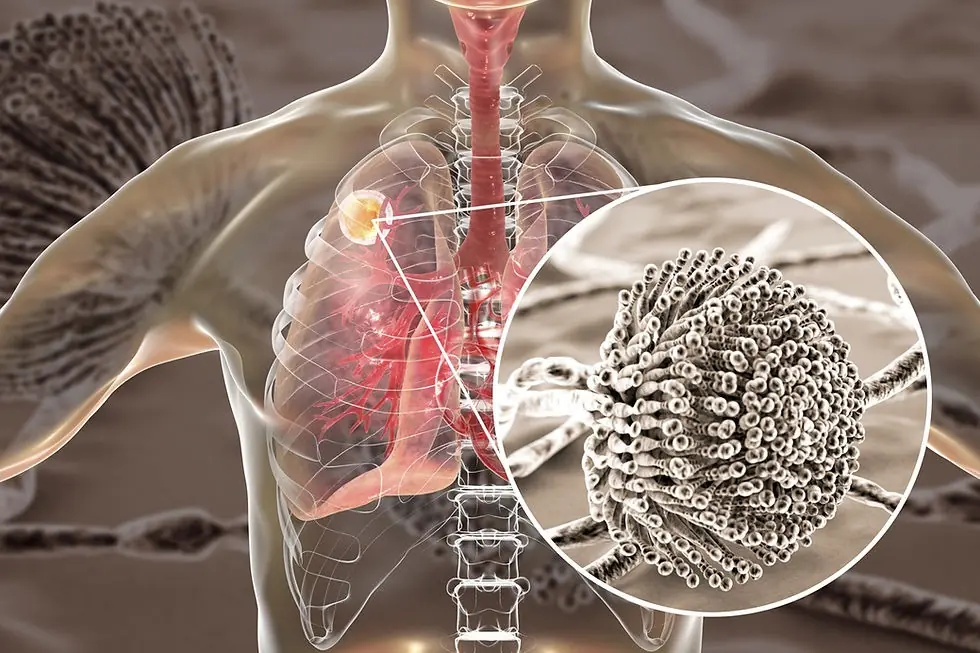
10 Early Warning Signs You’re Being Exposed to Mold Toxicity (Millions Are Exposed Every Day)

14 Early Warning Signs Your Body Needs Magnesium Immediately and How to Get It
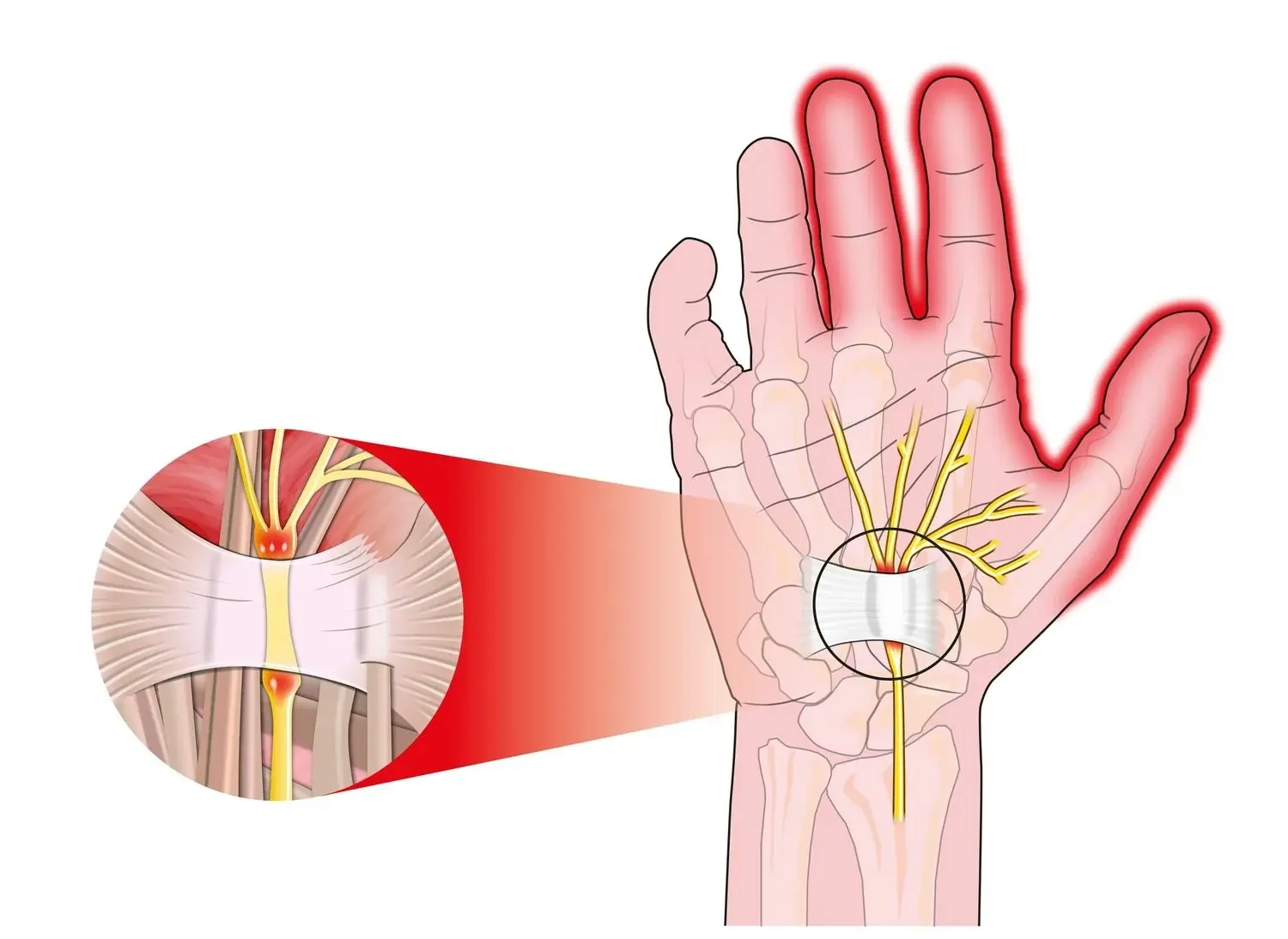
If Your Hands Keep Falling Asleep, It Might Be a Warning Sign of...
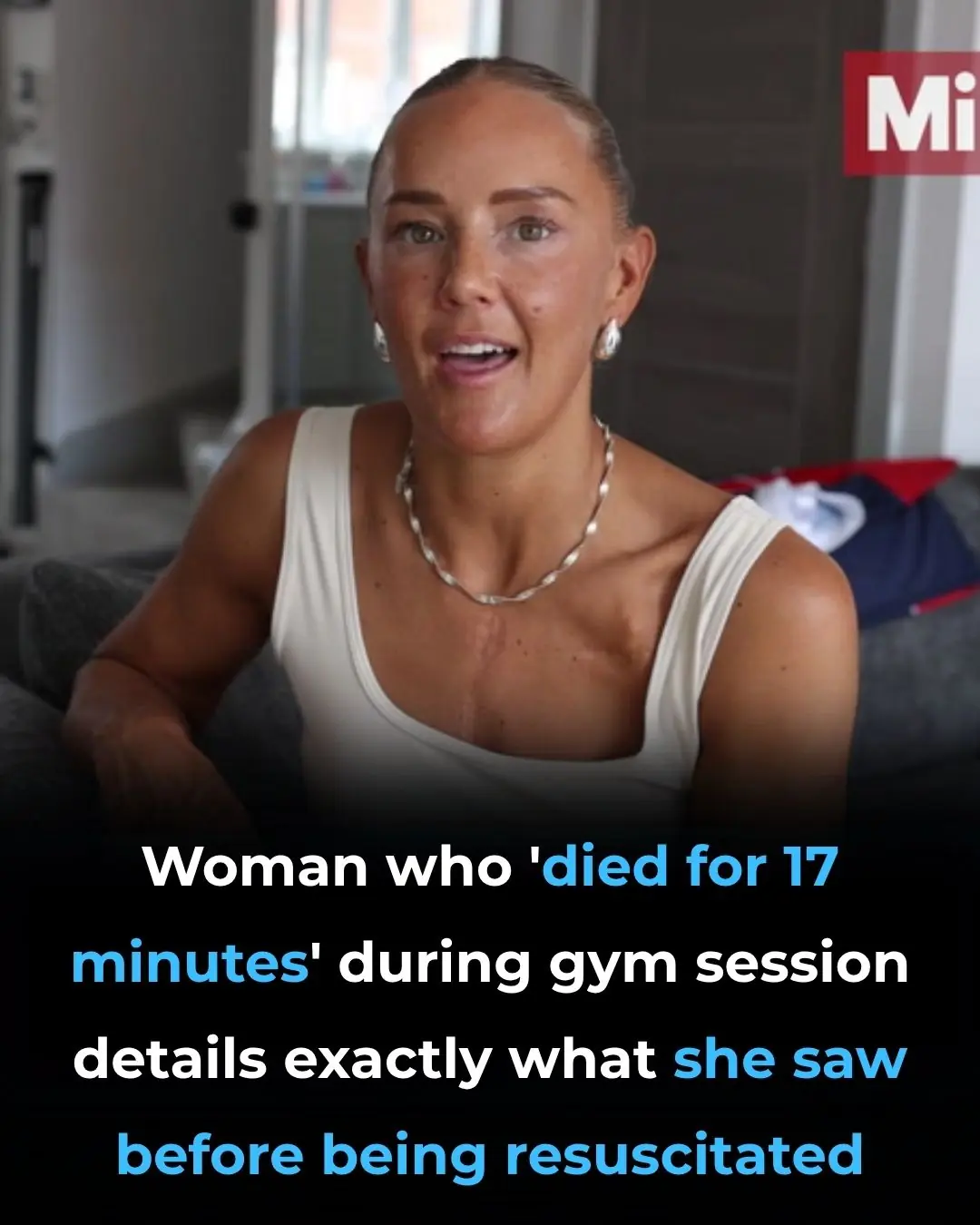
British Mom Who 'Died' For 17 Minutes After Workout Shares What She Witnessed

Dealing with 10 Common Bathroom Pests
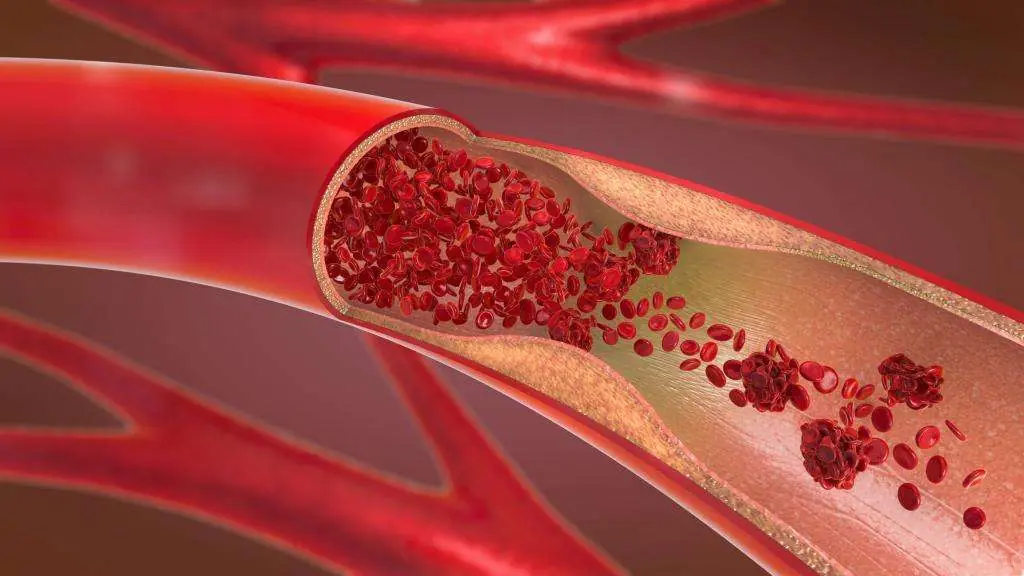
How to Improve Blood Circulation Naturally (Research Based)
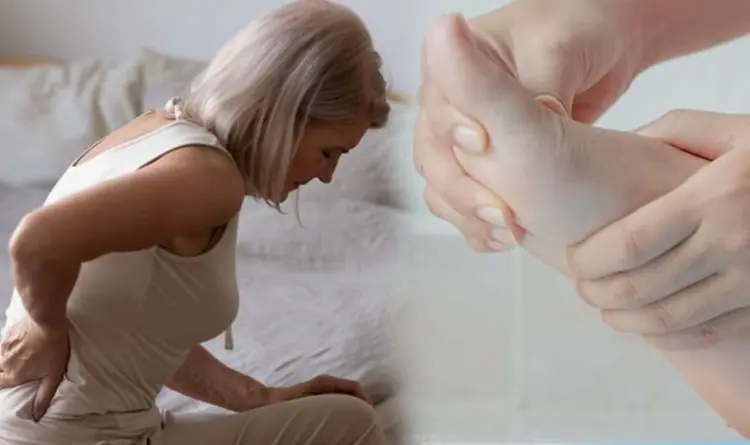
5 Deficiencies Almost Everyone Has (And Doesn’t Know About)

Scientifically Proven Health Benefits of Cayenne Pepper

Free download offered to PlayStation gamers as way to 'make amends'

Chaos following discovery of radioactive wasp nest at former US nuclear weapons site
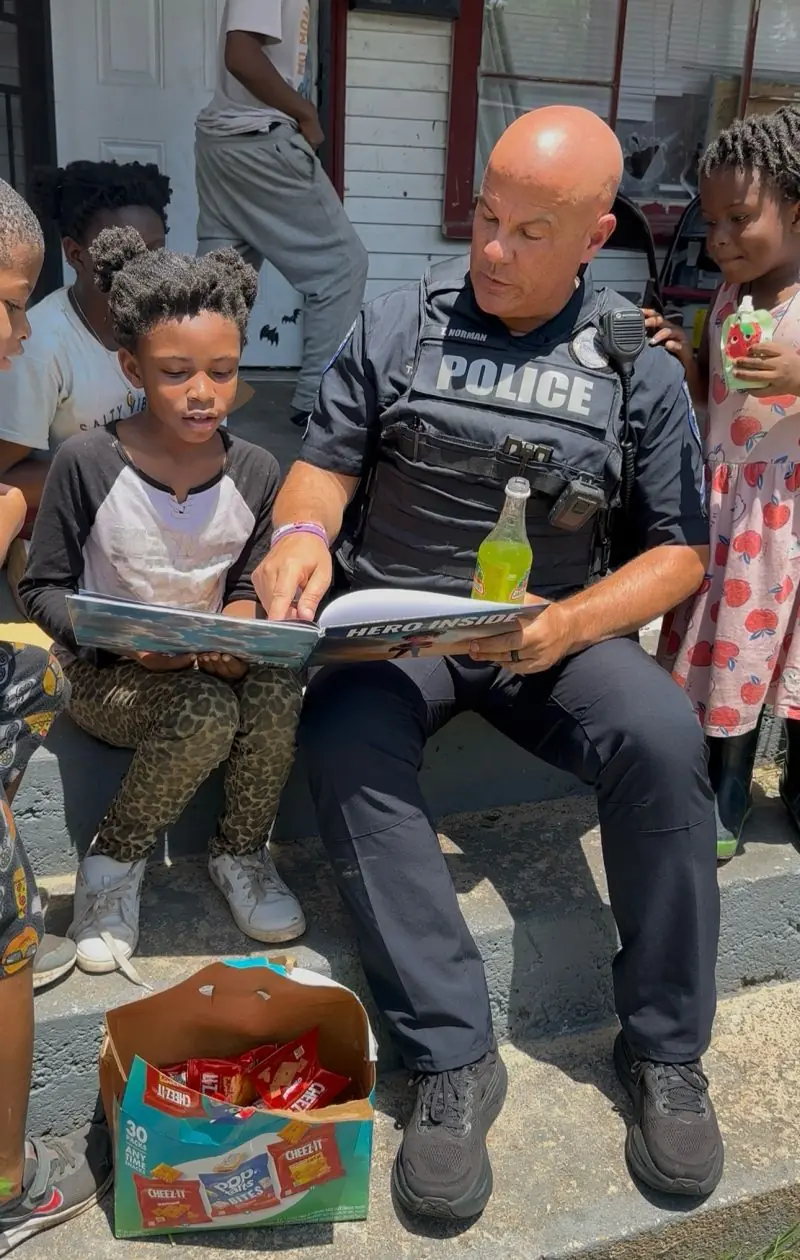
Beyond the Badge: One Officer’s Journey to Becoming More Than a Uniform.
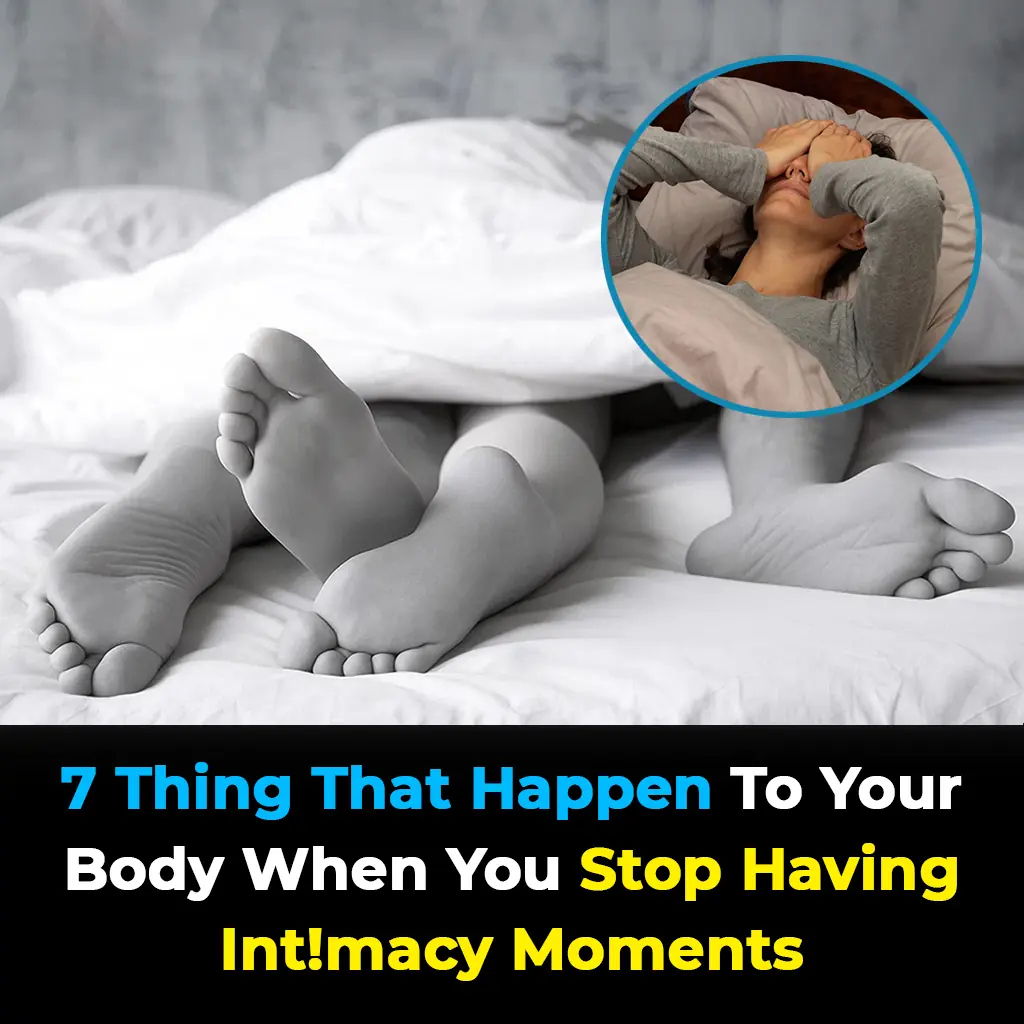
7 Thing That Happen To Your Body When You Stop Having Intimacy Moments
Taking a break from intimacy doesn’t mean something is wrong. In fact, it can be a time for growth, healing, and self-discovery.

From Suspension to a Second Chance: How One Principal Changed a Life Forever.

The Hawk on the Porch: A Quiet Cry for Help.

I Filed for Divorce After Catching My Husband Cheating – Our Son's Words in Court Left Everyone Speechless
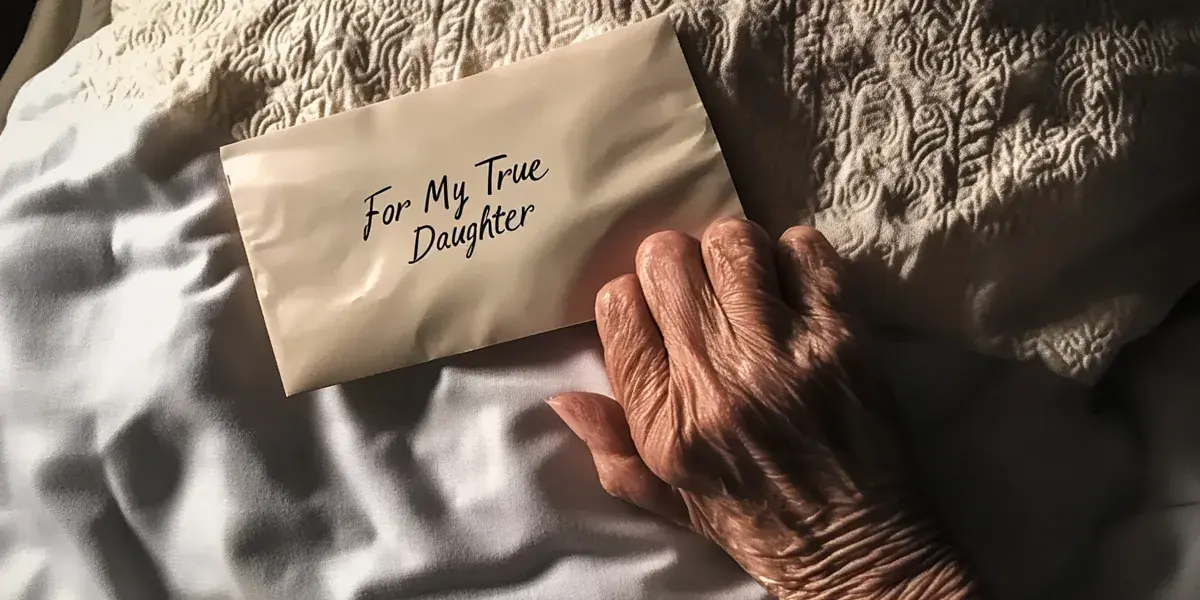
My Selfish Sister Stayed by Mom's Side When She Fell Ill, but Everything Changed after the Doctor Shared Mom's Last Words – Story of the Day

My SIL Gave Me Her Old Armoire and Made Me Pay for Moving It – Then She Came with an Outrageous Demand
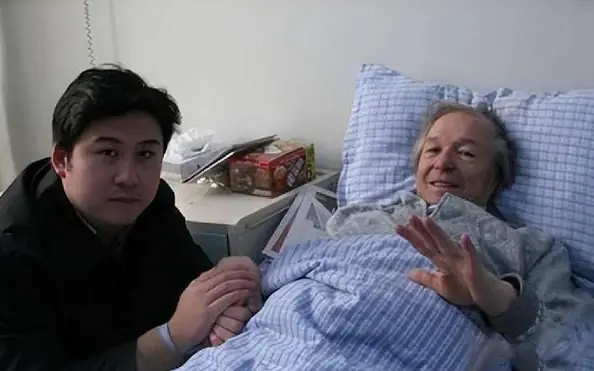
The Meteor That Changed Two Lives: A Story of Unlikely Family
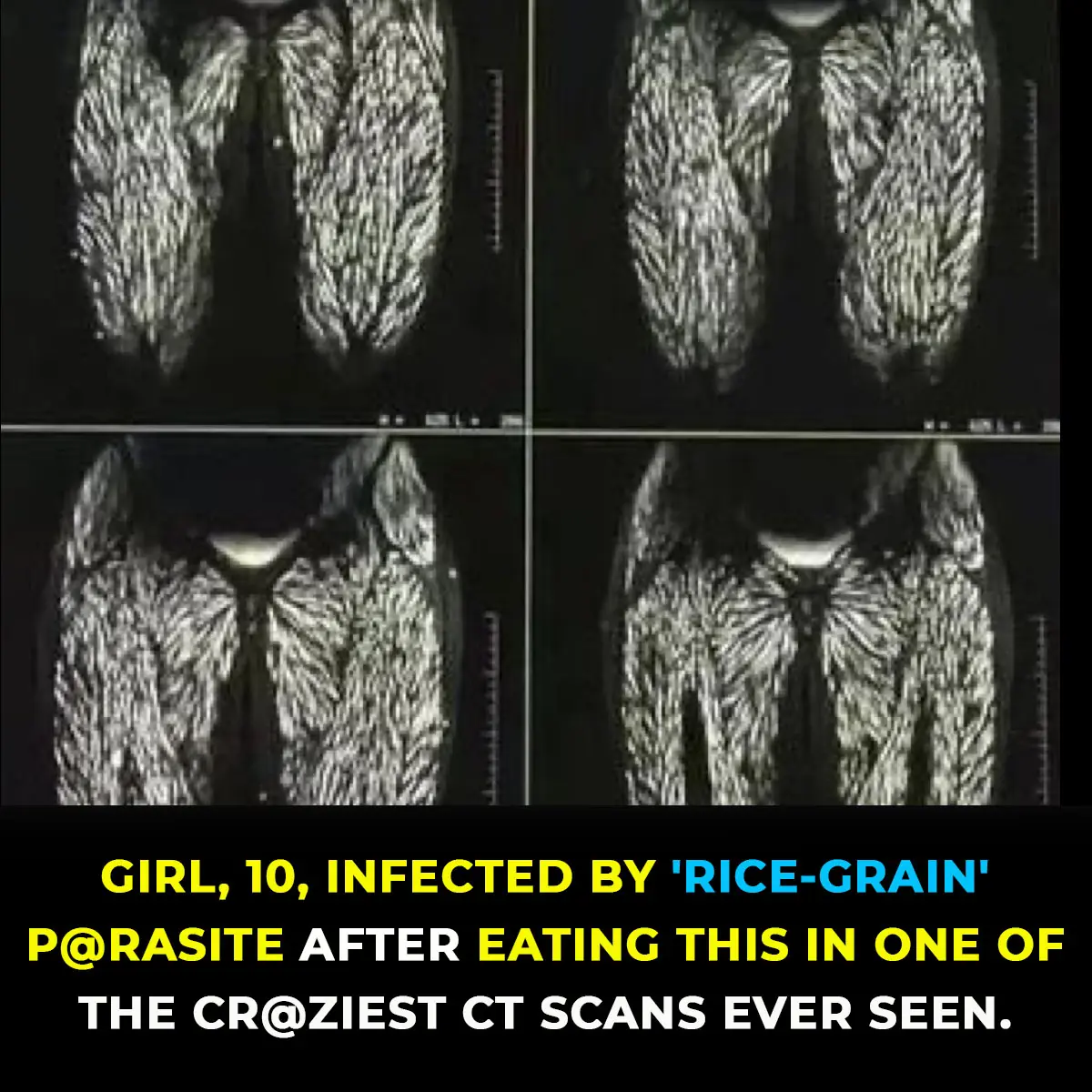
P@rasite Found In Br@in Of 10-Year-Old Girl After Eating Undercooked Meat Leaves Experts Horrified
